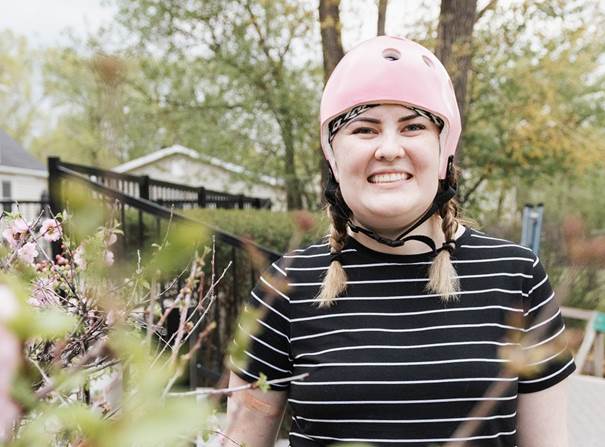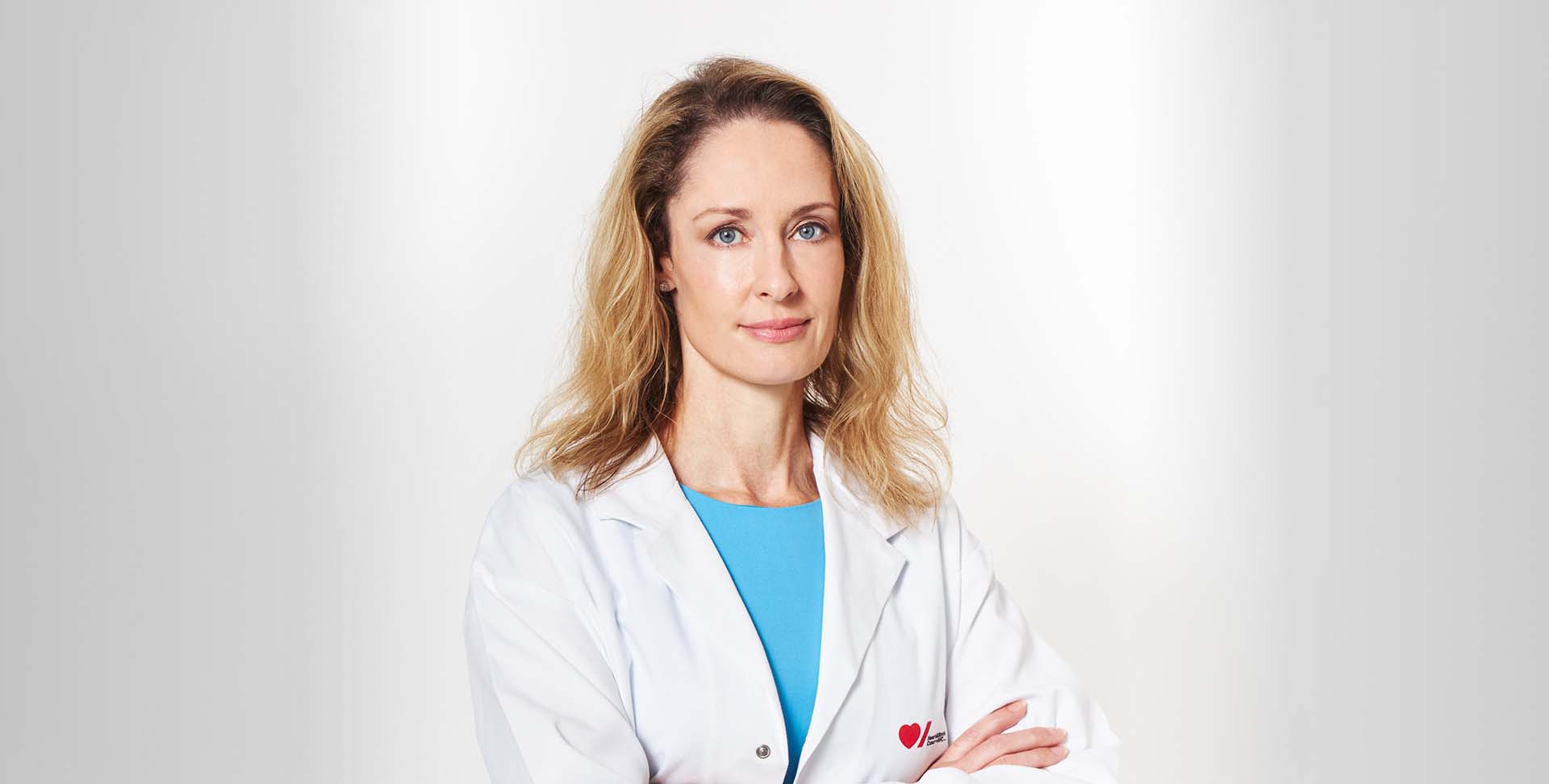
Researcher braces for pandemic aftermath
Dr. Clare Atzema works to improve care for heart patients. COVID-19 just made that more urgent
Chapter 1 Researching follow-up care
Dr. Clare Atzema worries about people with heart disease and cardiovascular risk factors who don’t get the care they need. It’s a problem she’s been working on solving, with research funds from Heart & Stroke donors.
And now it’s a problem that COVID-19 has made even more urgent.
Dr. Atzema is an emergency medicine specialist who works regular shifts in the emergency department at Toronto’s Sunnybrook Health Sciences Centre.
As a Heart & Stroke funded researcher, she was investigating better ways to get people back to their primary healthcare providers for the right follow-up care after they visit emergency for cardiovascular conditions including heart failure, high blood pressure and atrial fibrillation, a kind of irregular heartbeat.
In early 2020, Dr. Atzema was leading two large studies looking at these issues. Her findings could keep more people out of hospital, prevent heart attacks and strokes, and save lives.
Then came the pandemic. Suddenly, the emergency department was empty, except for people with COVID-19 and a few cancer patients.
As a physician, Dr. Atzema worked gruelling hours in the fight against COVID. As a researcher, she says, “We all had to suddenly pivot to COVID.” Her Heart & Stroke studies had to be put on hold.
Chapter 2 The cost of COVID
With her expertise in preventing and treating blood clots caused by atrial fibrillation, Dr. Atzema quickly developed a study to test the effectiveness of blood thinners on preventing clots in people with COVID-19.
And she was planning a second project looking at the cardiovascular impact of long COVID, symptoms that persist in some people for months after they recover from an initial infection.
Meanwhile, she worried about when she would be able to resume her research on emergency follow-up care — work with potential to impact a much larger group of patients. “You still need all the other research. There was a reason we were doing it, and it definitely slowed down a lot.”
But her biggest concern through the peaks of COVID was about the people with heart conditions and other cardiovascular disease who were staying away from emergency. “Where were the heart failure patients? And the heart attacks?” Without timely treatment, they could end up in much worse condition.
Sure enough, when COVID numbers subsided, people who had been afraid to come to emergency started to appear again.
Dr. Atzema saw numerous complications, especially in people with conditions like heart failure, which require careful management. “They haven't seen their primary care provider, they haven't seen anybody, and the wheels have fallen off.”
Phone and video appointments with their doctors helped some people manage, she says. “But there are certain things that you need to do in person, such as listening to the lungs of a person with heart failure.”
Chapter 3 Challenges ahead
Looking ahead, Dr. Atzema sees new challenges resulting from the care gaps caused by COVID-19.
Take high blood pressure that isn’t properly managed, for example. “Over the long term, two to five years, now you've increased your risk of stroke, of heart attack, of dissection, of aneurysm. There are so many things that are going to be affected.”
As a result of the pandemic, she believes we could see worse outcomes for many people with cardiovascular conditions, including high blood pressure, atrial fibrillation and heart failure.
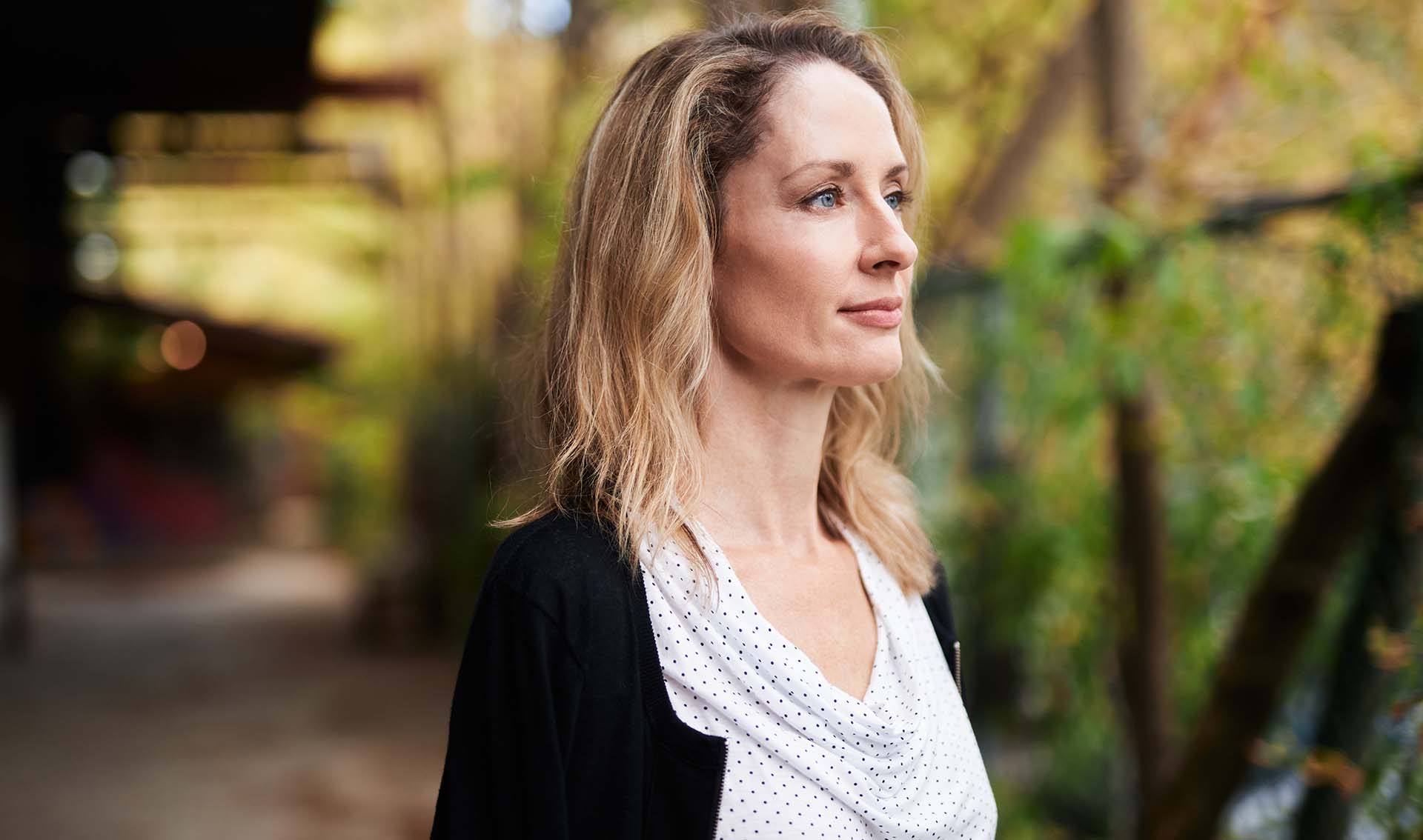
Despite setbacks due to the pandemic, Dr. Atzema remains determined to progress her research studies.
“So we need to anticipate that that's going to happen, and get in there as quickly as we can and as effectively as we can and prevent those outcomes.”
Despite the exhaustion of the pandemic, Dr. Atzema is intent on attacking this new problem. Part of that effort will be bringing her earlier studies to the finish line. Those results could benefit anyone with a heart condition or risk factor.
Real stories, real impact

‘I focus on the year from now.’
When life changed in an instant, Katherine refused to give up hope.
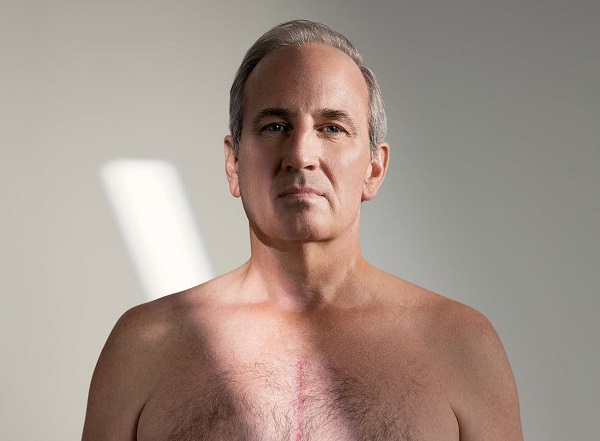
I've been given a second chance
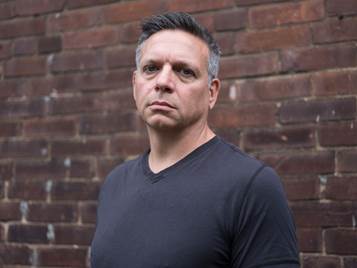
‘These people changed my life’
One heart attack survivor's unexpected journey to mental well-being
